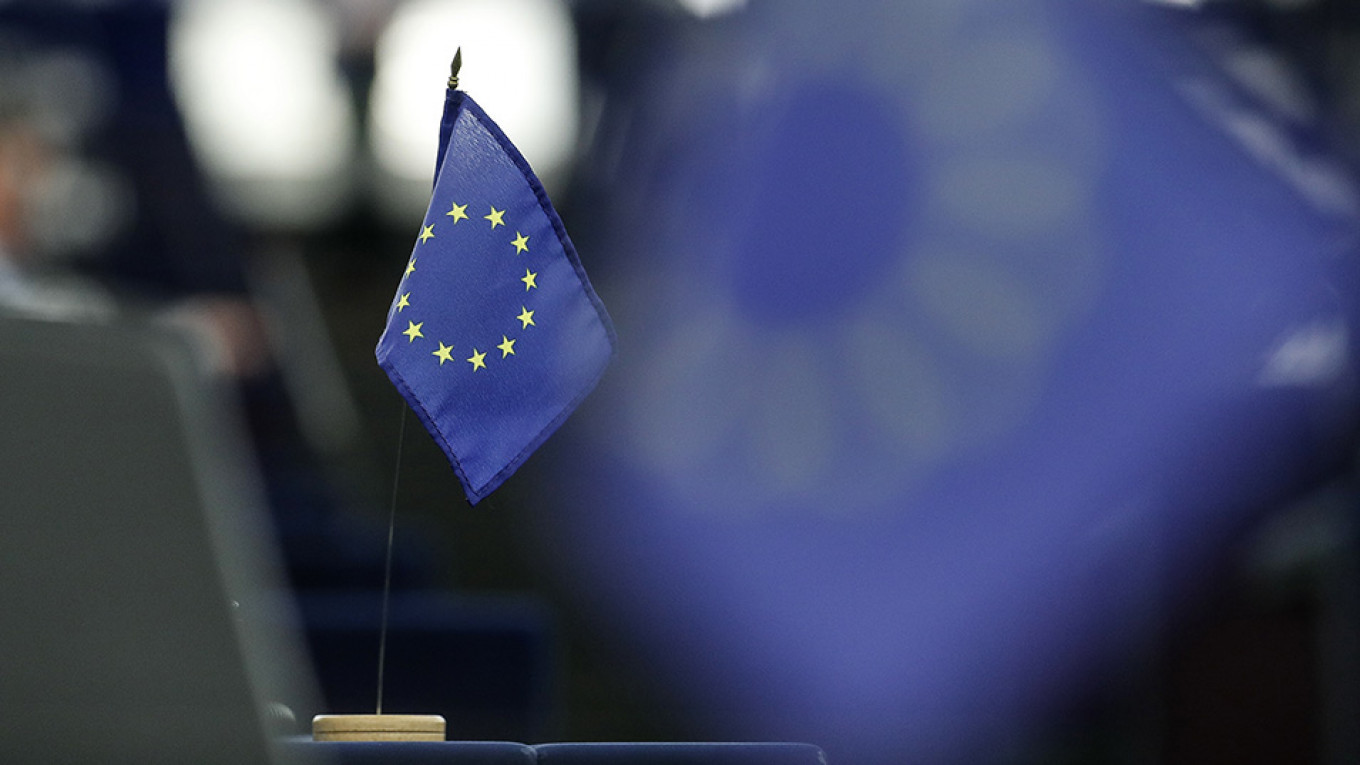
Moscow said Wednesday it was expanding a list of European officials who are banned from entering Russia as a response to what it said were aggressive EU actions.
A Foreign Ministry statement did not specify what the sanctions were a response to, but referred to “hostile steps” against Russia and its citizens.
Russia’s ties with European countries have worsened since Germany and France said this month that opposition leader Alexei Navalny was poisoned with the Novichok nerve agent.
The statement said Russia was expanding “a reciprocal list of representatives of EU countries and institutions who are banned from entering Russian territory.”
It added that the number of EU officials barred entry to Russia was now equal to the number of its officials on an EU list.
“The EU is continuing to expand its sanctions tools and apply them on the basis of groundless and sometimes absurd pretexts,” it said.
“We have repeatedly warned the EU about the malignancy of such an approach.”
If Brussels continues its “confrontational” policies Moscow reserves the right to act further, the Foreign Ministry said.
European leaders have demanded explanations from Moscow since Germany said toxicology tests showed Navalny, who is President Vladimir Putin’s most vocal critic, was poisoned with Novichok, a Soviet-designed chemical weapon.
But the Kremlin has brushed off allegations it was behind the 44-year-old anti-corruption campaigner’s poisoning.
Russian Foreign Ministry spokeswoman Maria Zakharova on Wednesday accused Western countries of “unleashing a massive disinformation campaign” over Navalny’s hospitalisation.
“We believe this rhetoric is simply unacceptable,” she said, reiterating there was no evidence that Moscow was behind the poisoning.
